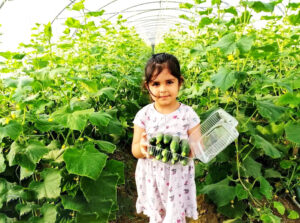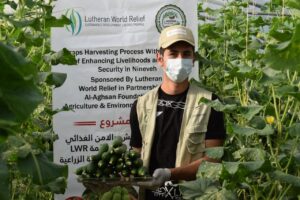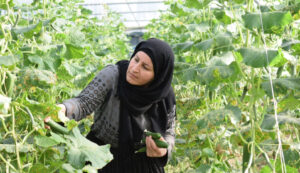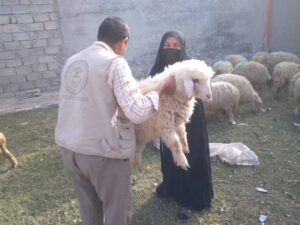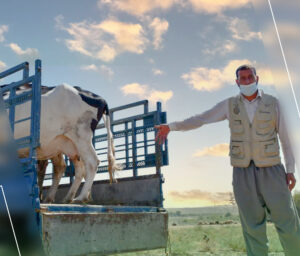Child marriage
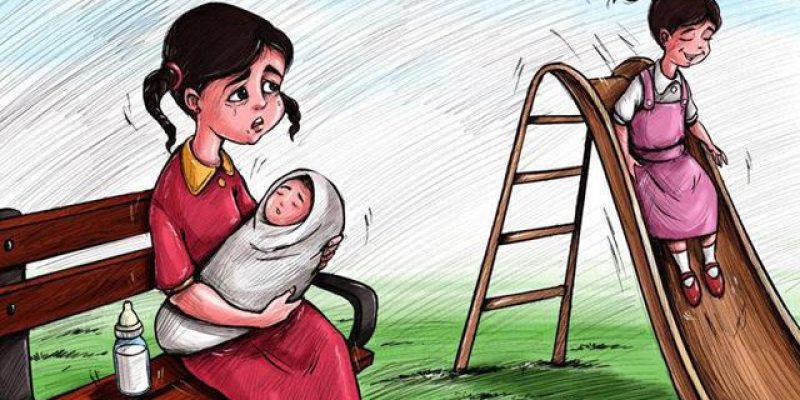
Details
READING TIME
3 min
CATEGORY
News
AUTHOR
Aghsan
TOPIC
Promotions
Child marriage refers to any formal marriage or informal union between a child under the age of 18 and an adult or another child. Despite a steady decline in this harmful practice over the past decade, child marriage remains widespread, with approximately one in a hundred girls married in childhood across Iraq. Today, multiple crises – including conflict, climate shocks and the ongoing fallout from COVID-19 – are threatening to reverse progress towards eliminating this human rights violation. The United Nations Sustainable Development Goals call for global action to end child marriage by 2030. Child marriage is often the result of entrenched gender inequality, making girls disproportionately affected by the practice. Globally, the prevalence of child marriage among boys is just one sixth that among girls. Child marriage robs girls of their childhood and threatens their well-being. Girls who marry before 18 are more likely to experience domestic violence and less likely to remain in school. They have worse economic and health outcomes than their unmarried peers, which are eventually passed down to their own children, straining a country’s capacity to provide quality health and education services. Child brides often become pregnant during adolescence, when the risk of complications during pregnancy and childbirth increases. The practice can also isolate girls from family and friends, taking a heavy toll on their mental health.
Aghsan Foundation's response
Addressing child marriage requires recognition of the factors that enable it. While the roots of the practice vary across countries and cultures, poverty, lack of educational opportunities and limited access to health care perpetuate it. Some families marry off their daughters to reduce their economic burden or earn income. Others may do so because they believe it will secure their daughters’ futures or protect them.
Norms and stereotypes around gender roles, as well as the socio-economic risk of pregnancy outside of marriage, also uphold the practice.
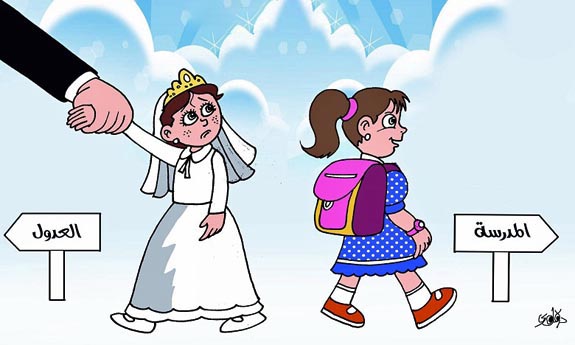
Programme to End Child Marriage
Because Aghsan Foundation works with a range of stakeholders – from grassroots organizations to high-level decision makers – across a scope of rights issues, we are uniquely positioned to identify and address the systemic barriers to reproductive health and gender equality. In 2020, Aghsan Foundation launched the Programme to End Child Marriage. Empowering young girls at risk of marriage or already in union, the programme have aimed at adolescent girls with life-skills training, comprehensive sexuality education and school attendance. Over 53 people, including key community influencers as well as men and boys specifically, have also engaged in dialogue and communication campaigns to support adolescent girls, or other efforts to end child marriage.
Our programmes
cp
Mental Health and Psychosocial Support (MHPSS)
Children exposed to conflict, natural disasters and other humanitarian crises can suffer severe psychological and social consequences.
READ MOREcp
Children recruited by armed forces or armed groups
Hundreds of boys and girls are used as soldiers, cooks, spies and more in armed conflicts around the world.
READ MOREcp
Gender Based Violence
Gender-based violence reaches every corner of the globe. In emergency settings, GBV soars.
READ MOREcp
Violence Against Children
No violence against children is justifiable. All violence against children is preventable.
READ MOREcp
Child Marriage
Child marriage threatens the lives, well-being and futures of girls around the world.
READ MOREcp
Child Labour
Nearly 1 in 100 children are subjected to child labour in Iraq, with some forced into hazardous work through trafficking.
READ MORELast News

News
Climate Justice

Agricultural Entrepreneurship 2024
Second Day of the Innovation Camp for Agricultural Entrepreneurship at the University of Baghdad
Services
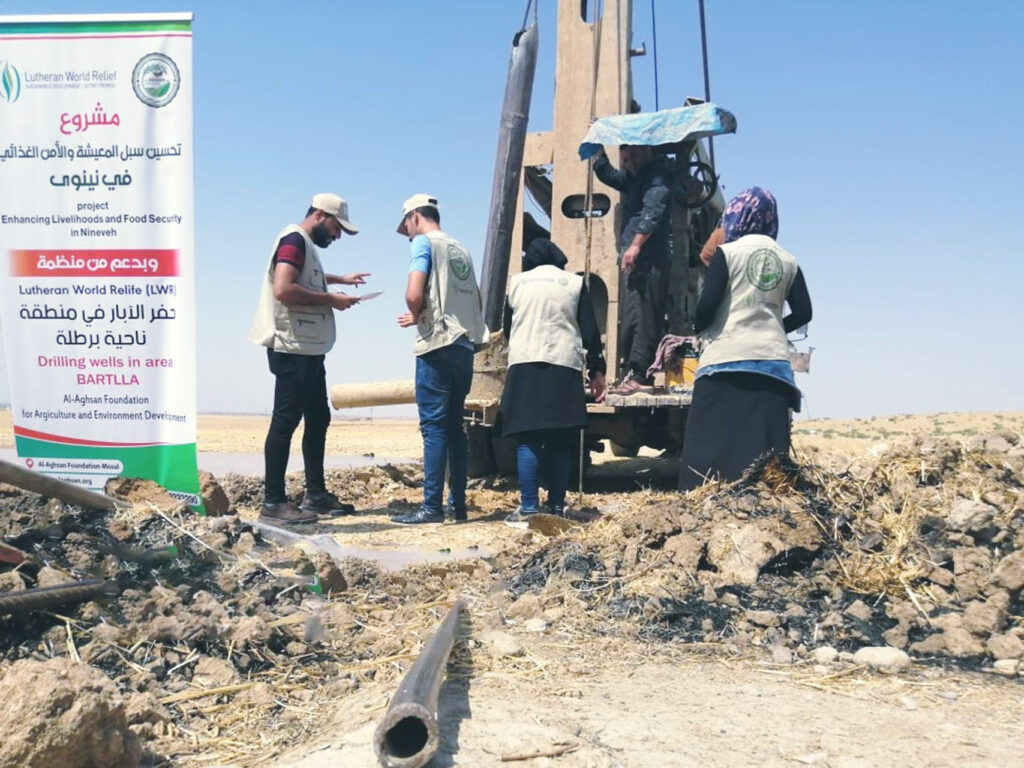
WHAT WE DO
Aghsan Foundation in Emergencies
Humanitarian action is central to Aghsan Foundation and realizing the rights of every child.
Aghsan
0 Comments
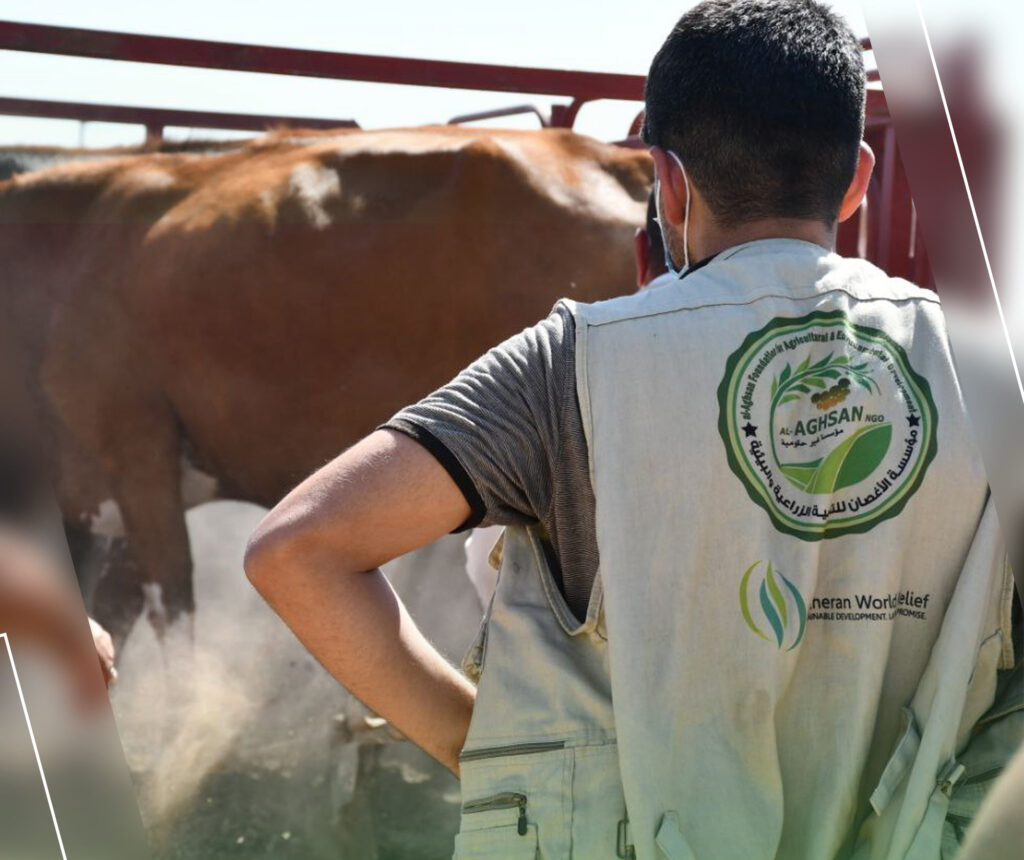
WHAT WE DO
Economic Recovery
The Economic Recovery sector is one of Aghsan Foundation’s five core sectors of intervention.
Aghsan
0 Comments
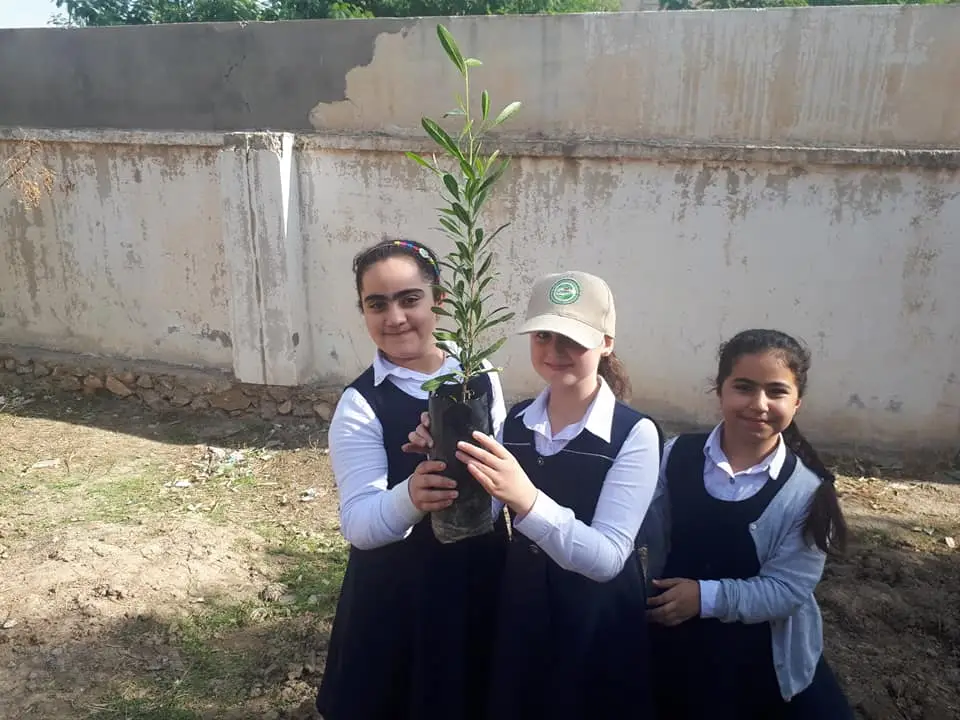
WHAT WE DO
Friends of the Environment
Aghsan Foundation commits to respond to the global climate crisis and environmental degradation
Aghsan
0 Comments



